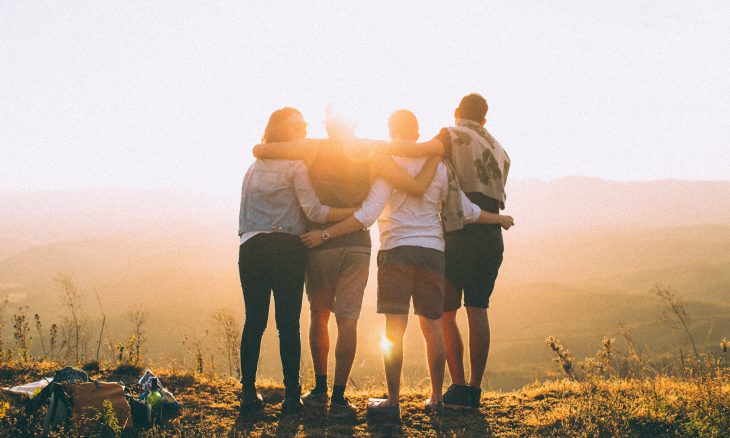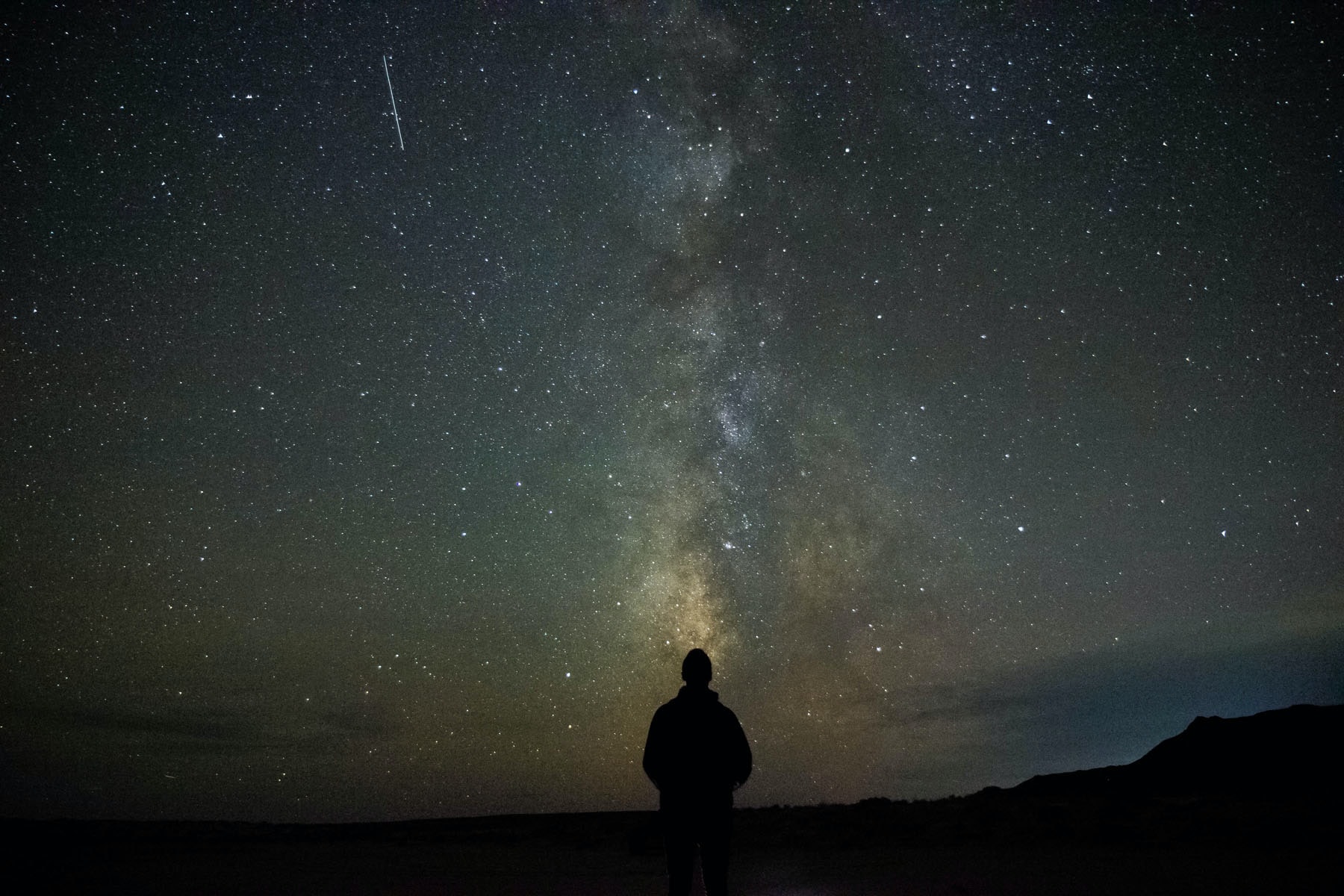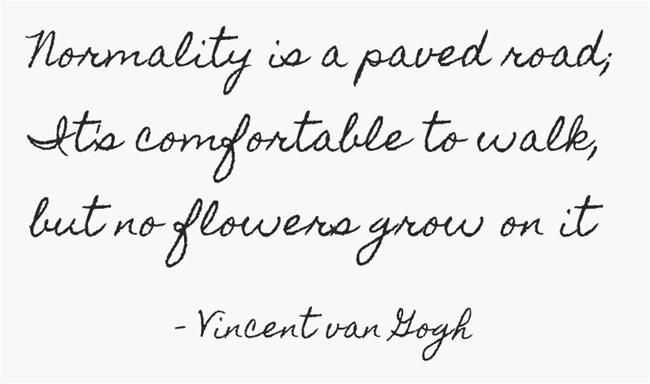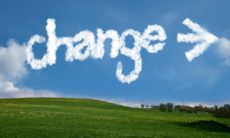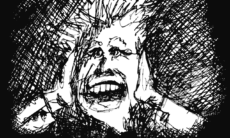“I can’t wait for things to get back to normal”.
What was normal?
‘Normal’ was the lifestyle where our own little comfort zones ran the show. Routines had been established, and played out to perfection. It was the daily grind, the rat-race, that 9-to-5 monotony we danced to the rhythm of, the standard which we were slaves to.
‘Normal’ was the lifestyle of expendable, of single-use, of ease of use and saving of time we hardly had. It was putting convenience before eco-friendly, sustainable, and reusable alternatives. It was the mentality of effort-free over everything, and if the environment around us suffered, so be it.
‘Normal’ was the mind-frame of “me me me”. The greed, the obsession with the material, the fixation on what mattered on the outside rather than on the inside. It was the lust for money, the need for financial gain at all costs, the willful ignorance of the suffering of those around you, so long as you were comfortable. And, of course, ‘comfortable’ was never enough – we always needed more. “The limit does not exist” (If you got the ‘Mean Girls’ reference, we are now instantly friends).
And here we are, in a situation where a limit has finally been shown to us. Much like the spoilt child who at long last is shown discipline, we’re being told “no” – and we don’t like it one bit. For the simple reason that the majority of us have never lived through a time of having something be off-limits to us.
The vast majority of us are in an unprecedented situation where we have been dragged back down to simplicity. The local farmer, previously not held in high esteem and seeing more and more of their fields stolen for financial gain, is suddenly helping us keep food on the table. Dressmakers and seamstresses, far and few in between, are now desperately sought-after in the race to create some form of face-mask or medical scrubs.
The rug has been pulled out from under our feet, and with it, the illusion of normality.

It’s been over a month, and still we’re struggling to accept it. Still, we’re struggling to accept the change that has been set in front of us – that, yes, things have changed – in a few areas, probably permanently. And that doesn’t need to be a bad thing.
Was the way we were living before sustainable? Let’s look at the planet, for starters; policy-makers and skeptics argued that the effort to reduce carbon emission would be far too great to achieve within the 10-year time-frame scientists warned we had.
Suddenly, a situation arose where the vast majority were no longer able to commute to work, and we were forced to work from home. Less people using cars meant that pollution levels have now fallen to unprecedented levels. Amazing what you can do when you have literally no other choice.
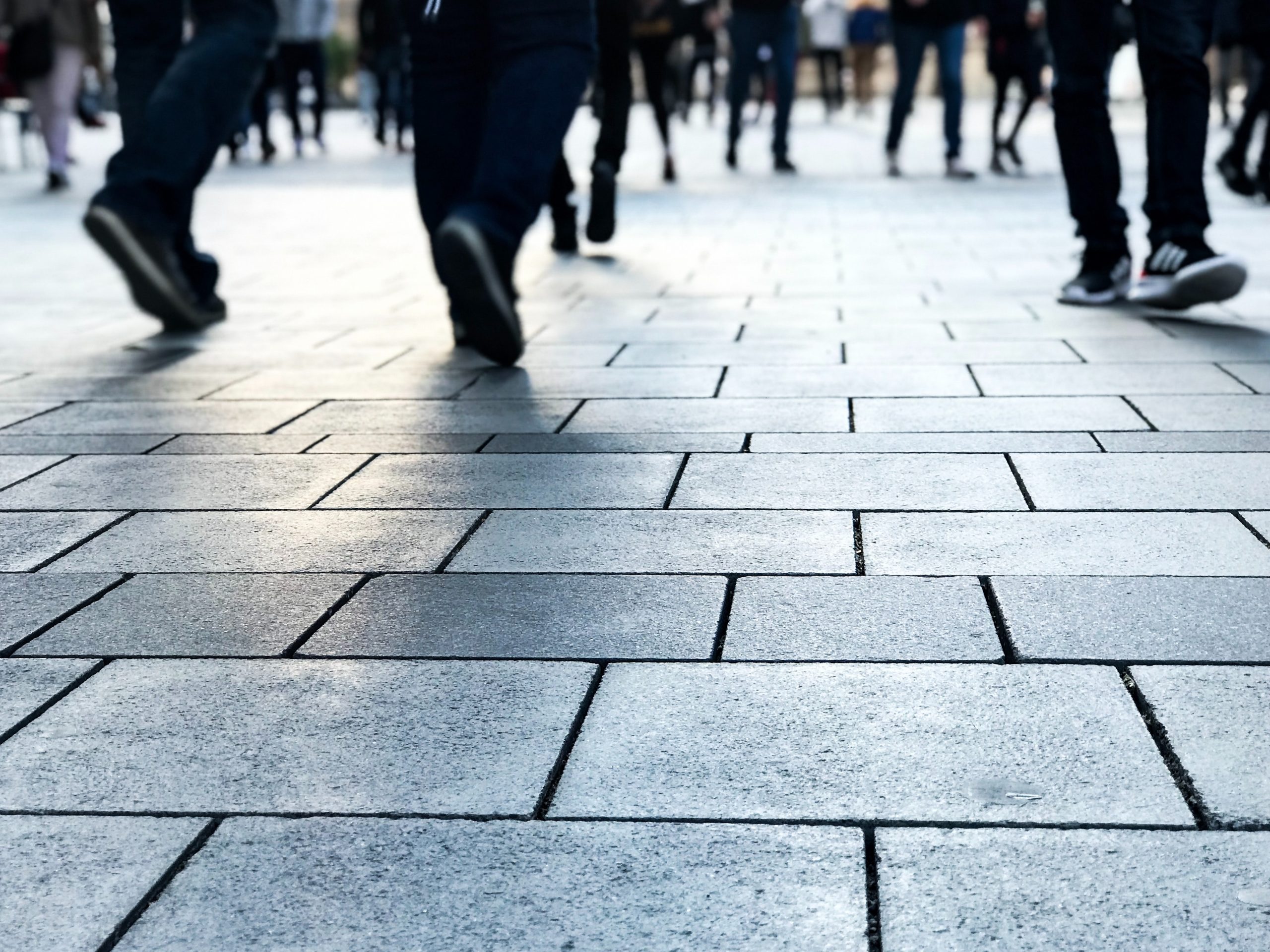
It’s a shame that the potential destruction of our planet didn’t serve as enough of a fire under our asses to get us to make such changes, but that’s human nature for you – until the threat is real and tangible, we’d rather stay in our little bubble, thank you very much.
This situation has also given one seriously-important topic the spotlight; mental health. With anxiety on the rise, even amongst those who previously had never had any such issues, we’re seeing more people talking about this aspect of their health. Previously, the condition was something which we may have brushed off, or labelled sufferers as ‘weak’ or ‘over-reacting’. Now that many have gotten a taste of it, we’re seeing a boost of sympathy and understanding of anxiety, and are making the best change of all – actually talking about it.
(Should you be feeling the negative effects of mental health at this time, don’t forget to read through 6 ways to deal with depression & anxiety right here on OzUncut)
We’re now in a situation where we truly appreciate the value and beauty of simplicity, like a walk in the countryside in springtime, or a day by the beach just listening to the waves crash. We’d always put plans off because everything was so hectic, everything could wait. But, as the saying goes, “the trouble is, you think you have time”.
I am not trying to sound condescending or all-knowing here; Heaven knows that I had a terrible time adjusting to the situation. The change was sudden, huge, and global – it was incomprehensible to take in so quickly.
I am also not trying to imply that this period of time has been roses for everybody. Specifically, I refer to medical personnel who have to deal with the immediate repercussions of the virus which has turned our world on its head. We also cannot forget the people who have seen their business – and, therefore, their income – directly affected by this.
It is only now, as I look deeper into the situation, that I have learnt to stop running from the change, turned around, truly looked at it, and embraced it. I have learnt to focus only on the things which I can control, such as staying indoors as often as possible, and maintaining distance from others on the few occasions I actually do leave the house. I am doing my part as best I can, and will continue to do so for the foreseeable future.
Only now, after doing so, after focusing on what I am in control of and of what I am not, do I feel a sense of calm. Only now has it truly sunk in: “Everything will be OK”.
One day, we will return to some degree of ‘normal’ – of that, I have no doubt. However, and I say this with my whole heart, it would be an absolute tragedy to have emerged from such a massive global trauma without having have learnt anything.
Let us take this time – and we have lots of it! – to truly reflect on the essentials in life. We will in all likelihood never be faced with such a scenario again, where most of the world just sat down and breathed for two damn minutes. Let’s look at this experience, learn something from it, and take it to our lives and routines once ‘normality’ has been re-established.
Change can be frightening, there is no doubt about it. But smooth seas do not make skillful sailors. We’ll get through this chapter – hopefully, with a little bit more wisdom, and a whole lot more appreciation for the little things.



